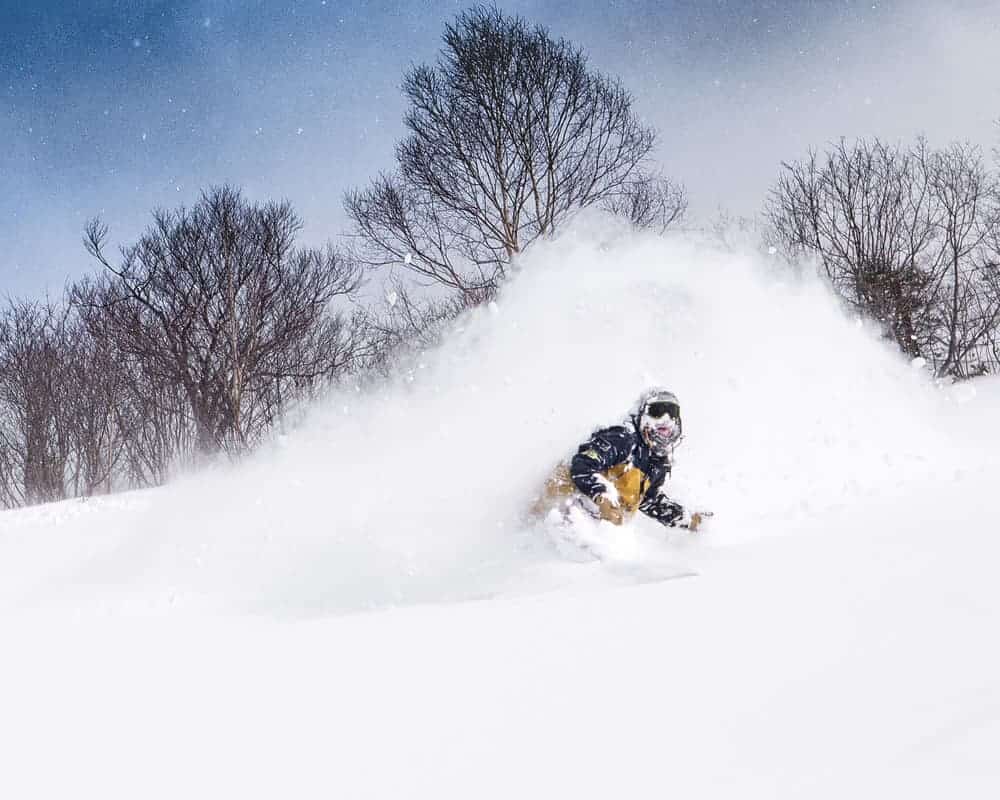CURRENT CONDITIONS
-
Today's Outlook
-
Visibility
-
Snow (cm)24h3day7day
-
Conditions
-
Base (cm)BottomTop
-
Lifts open
-
Runs (%)
-
Temperature (°C)CurrentFeels Like
-
Road
-
Wind (km/h)
-
Barometric Pressure
Popular Posts

The Hakuba Comedy Festival 2025
Get ready for a week of laughter at the Hakuba Comedy Festival, running from Feb [...]
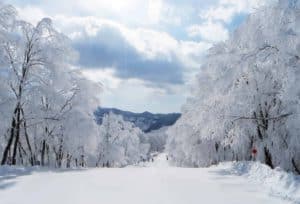
Should I Buy the Hakuba Valley Lift Pass?
The Hakuba Valley Lift Pass gives holders access to 10 Mountains, 200+ runs, and [...]

50 Things to Do in Hakuba This Summer
Intro Hakuba isn’t just a winter destination—the valley comes alive in the G [...]

Hakuba Comedy Weekend
Looking for a laugh-filled weekend in the mountains? Hakuba is the place to be a [...]

50 Hakuba Restaurants to Try in Summer
Finding a great place to eat in Hakuba during the green season can be tricky—m [...]
Working the Season in Hakuba
Why Should I Work a Season in Hakuba?
Seasonal work in Hakuba is not for everyone. If you prefer the warmth of a sunny beach or the comfort of a a cozy desk job, Hakuba is not the fit for you. However, if you froth fresh tracks, feel called by the adventure of travel, and seek experiences over safety, Hakuba could be the perfect place. Hakuba employers demand professionalism and you won’t earn a fortune, but you will leave the valley with life-long memories of shredding thigh deep pow with amazing like-minded friends.
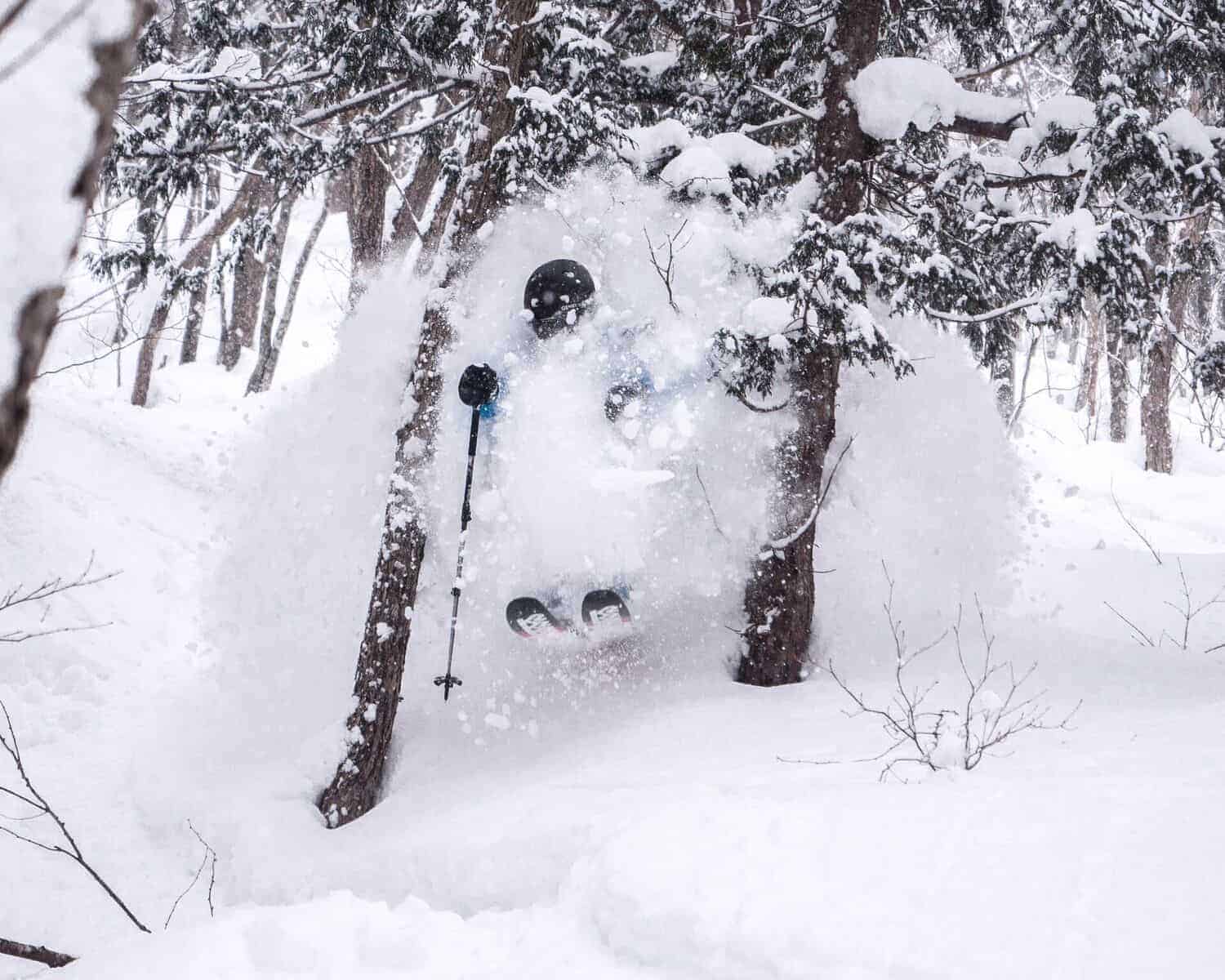
If you’re still interested in Hakuba, read on for everything you need to know to make your dream of working in Japan a reality.
Great Resources
Before diving into all the great opportunities in Hakuba and the requirements for working in Japan, I’d like to recommend two resources for you:
- Hakuba 2023/24 Crew Facebook Group is one of the best resources to learn about everything Hakuba. Most of the 10,000+ community members have worked and lived in Hakuba and are more than willing to help answer your Hakuba questions.
- Check out the job listings we have through our partner company, Hakuba Hotel Group. We are hiring for the following: hotel reception, drivers, bar staff, baristas, wait staff, kitchen staff, musicians and more. Check out the opportunities here.
Ok. Now let’s get into all the cool things you can do while you’re not shredding the epic Hakuba powder.
Hospitality & Service
Many seasonal staff members work in restaurants, hotels, cafes, and bars. These jobs do not necessarily require Japanese language skills (although basic to intermediate skills are a huge bonus for potential applicants) as most customers are foreign visitors. There are dozens of hotels and lodges that need staff and the following is simply a small sampling.
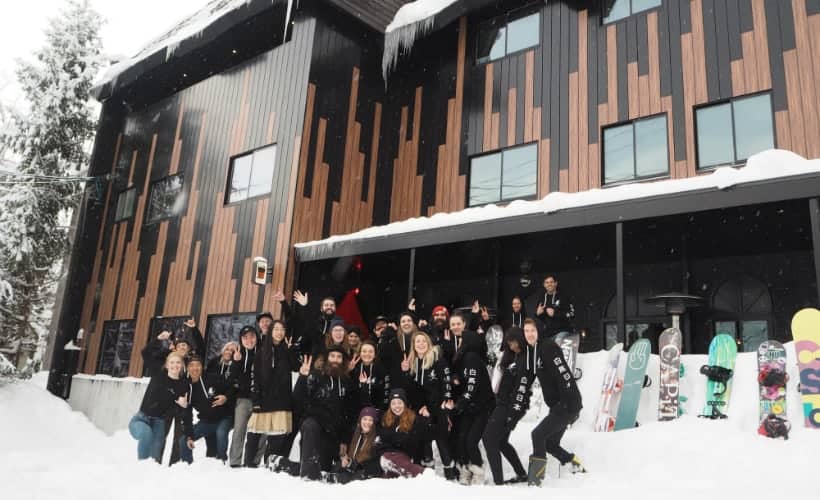
Drivers
Many hotels, ski schools, and rental shops employ drivers to shuttle guests around town and to and from the slopes. These jobs require an international driver’s license which can be obtained in your country of origin.
International ski schools
Many of the largest employers in Hakuba are ski schools. They offer a wide range of positions including instructors, back country guides, office workers, wait staff, baristas, chefs, drivers, and daycare staff. The jobs requiring professional certifications and experience (instructors, guides, chefs) naturally command higher pay and better accommodations than the less skilled positions.
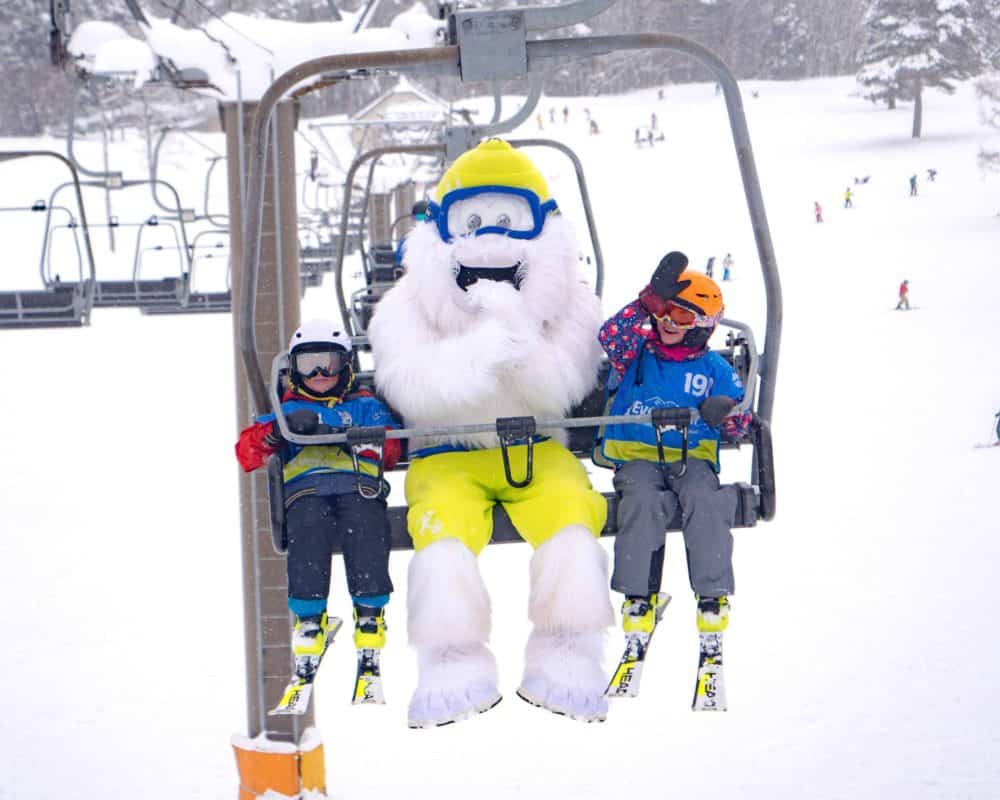
Rental Shops
All of the rental shops hire staff to manage the equipment, the stores, drive customers and much more. The positions typically come with the benefit of discounted or free gear rentals, staff trips, and staff accommodation.
Resort Jobs
Each of the 10 resorts in the Hakuba Valley hire seasonal staff for various positions including restaurant staff, lift operators, ski instructors and more. Many of the resorts, especially the ones farthest away from the largest resort, Happo One, are very traditional and have limited English speaking staff. Try the following three resorts or message the resort of your choice on Facebook to learn more about the opportunities there.
Musicians
Many of the hotels will hire foreign musicians to gig in their restaurants and bars for a portion or all of the season. These arrangements vary significantly between organisations but it is not uncommon for musicians to receive airfare, housing, and a modest stipend to play in Hakuba from anywhere from one month to the entire season. Interested musicians should contact the hotels directly with their CV and portfolio.
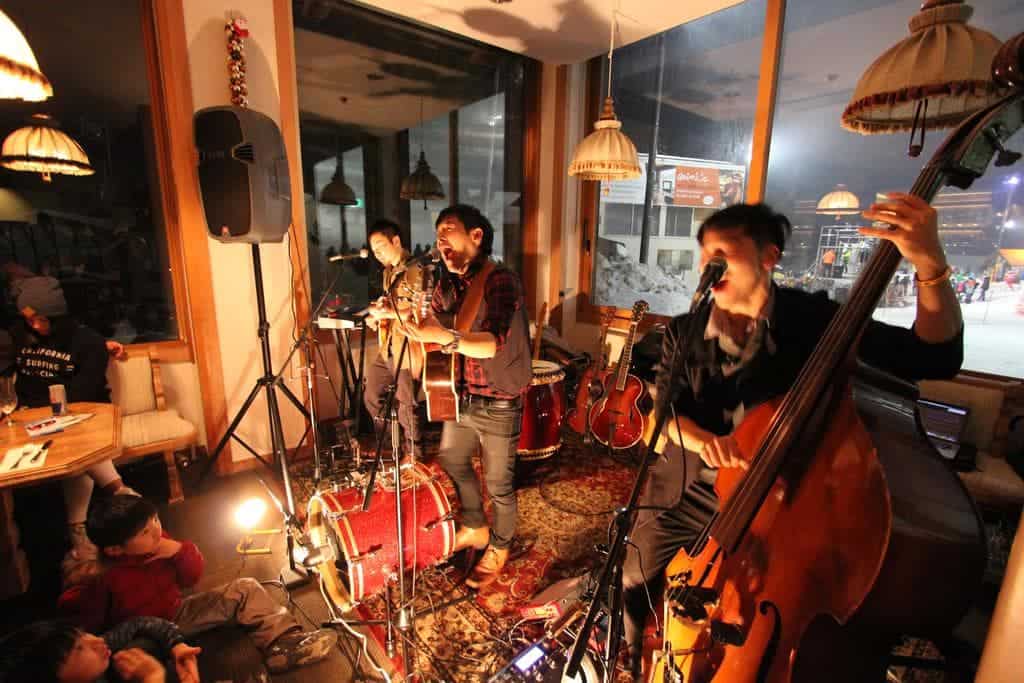
What You Need To Know
The biggest obstacle to working in Japan is naturally the paperwork. Every reputable employer in Hakuba will require employees to have a proper working visa, and the easiest way to obtain this is applying for the working holiday visa. Japan allows citizens under the age of 30 from 19 countries the chance to supplement their Japan travel with paid work. The following are a few of the countries whose citizens are eligible for the visa:
- Australia
- New Zealand
- Canada
- the United Kingdom
- Ireland
You will need visit the nearest Japanese embassy or consulate and file the proper paperwork with a $25 payment. Visit the Japanese Foreign Ministry website for a comprehensive list of requirements as conditions may vary slightly based on the country of the applicant. However, the following are the basic requirements:
- A valid passport
- Proof of sufficient funds. For example, Australians are required to submit proof indicating they have at least $2,500 in savings.
- The working holiday visa application:
- two recently-taken passport sized photographs
- CV indicating relevant skills
- Itinerary for your stay in Japan
Payment and Benefits
Generally seasonal staff earn between ¥800 and ¥1,400 and work 40 hours or less. Most employers will help set up your Japanese bank account while a minority will pay in cash. Regardless, if you’re on the working holiday visa your pay will be subject to a 20% income tax and you will be required to pay an additional percentage of income into the national pension system. The pension payments are refundable when leaving Japan but this requires a bit of paperwork.
Housing
All employers should assist with housing as it can be nearly impossible to secure accommodation without Japanese language skills. In most cases, seasonal workers will stay in a dormitory style staff accommodation where it’s common to share a bedroom with one or more colleagues.
Single bedrooms tend to be reserved for more senior level staff. In some instances, housing will be subsidised and staff will be required to pay roughly ¥10,000 or more a month.
Split Shifts
Split shifts mean you can hit the slopes nearly everyday if you would like to. Living so close to the lifts, seasonal staff can easily spend 4 hours on the mountain mid day and make it to their morning and evening shifts.
Other Perks
The following are not all inclusive in every position but most positions will have some of these perks:
- Free Breakfast & Dinner
- Free or Discounted Gear Rentals
- Free or Discounted Lift Tickets
- Free or Discounted Tours
- Access to a company vehicle
- Free or Discounts on Company Restaurants
- Staff Party
- Overnight Staff Trip
Still can not find what you searching for?
